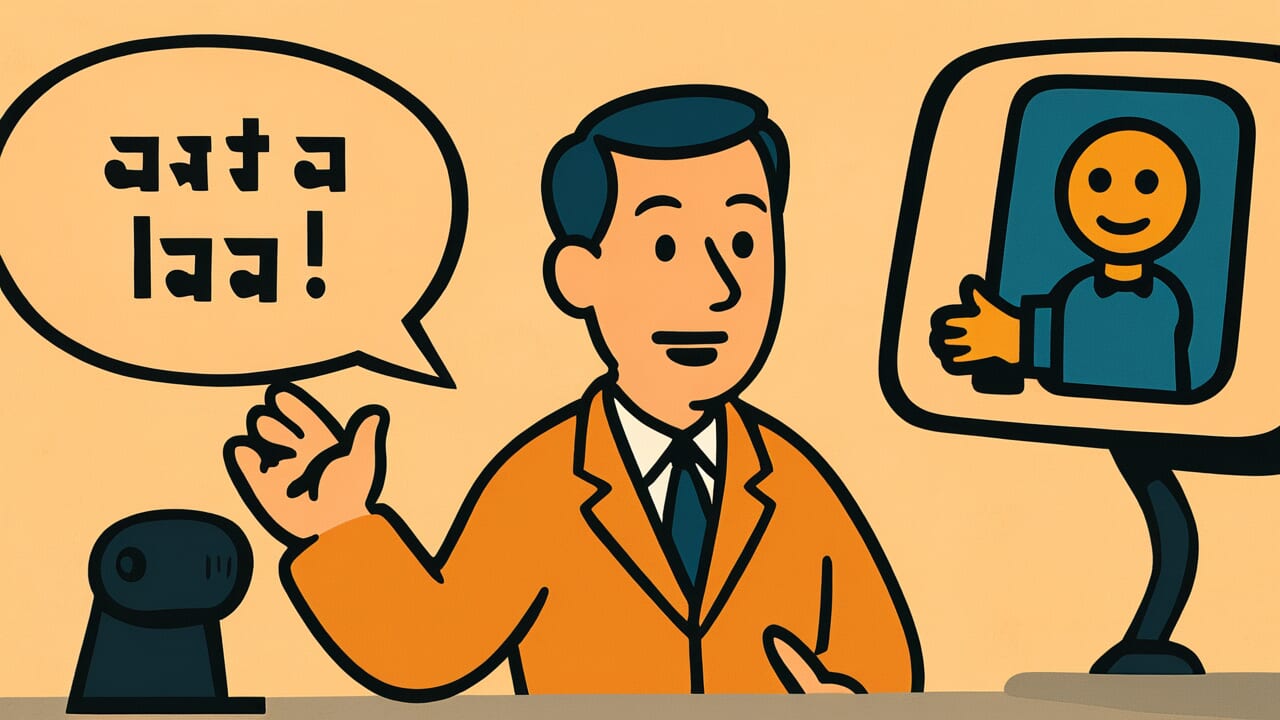How to Read “A true word needs not an oath”
A true word needs not an oath
[uh TROO wurd needz not an ohth]
The word “oath” rhymes with “both” – it means a serious promise.
Meaning of “A true word needs not an oath”
Simply put, this proverb means that honest statements don’t need extra promises to make them believable.
When something is true, it stands on its own. The words themselves carry weight. People can sense honesty without needing someone to swear or make big promises. Truth has a natural power that doesn’t require decoration or extra guarantees.
We use this wisdom when we notice the difference between honest people and those who oversell. Someone telling the truth speaks simply and directly. They don’t need to add “I swear” or “I promise” to every statement. Their track record and character make their words trustworthy. Meanwhile, people who lie often use lots of dramatic promises to convince others.
What’s interesting about this wisdom is how it reveals our instincts about trust. Most people can tell when someone is trying too hard to sound believable. The more someone insists they’re telling the truth, the more suspicious we become. Real honesty feels calm and steady, not desperate or flashy.
Origin and Etymology
The exact origin of this proverb is unknown, though similar ideas appear in various forms throughout history. The concept reflects ancient legal and social traditions where oaths were formal, serious commitments. In many early societies, swearing an oath was a sacred act with real consequences.
During medieval times, oaths held enormous importance in legal proceedings and social contracts. People understood that requiring an oath suggested doubt about someone’s honesty. The idea that truth needed no such reinforcement became a recognized principle. This reflected a deeper understanding of human nature and credibility.
The saying spread through oral tradition and written collections of wisdom. Over time, it evolved from formal legal contexts into everyday advice about recognizing honesty. The core message remained the same across cultures: genuine truth carries its own authority and doesn’t need artificial support to be convincing.
Interesting Facts
The word “oath” comes from Old English “ath,” meaning a solemn promise or declaration. In ancient legal systems, breaking an oath carried severe penalties, sometimes including death. This made oath-taking a serious matter that people didn’t approach lightly.
The structure of this proverb uses simple, direct language that mirrors its own message. Just as the proverb claims truth needs no decoration, the saying itself uses plain words without fancy language or complex metaphors.
Usage Examples
- Mother to child: “I don’t need to promise you’ll get dessert if you eat your vegetables – a true word needs not an oath.”
- Employee to coworker: “I’m telling you the meeting got moved to 3 PM, no need to swear on it – a true word needs not an oath.”
Universal Wisdom
This proverb touches on a fundamental aspect of human communication: our ability to detect authenticity. Throughout history, humans have developed sophisticated instincts for recognizing truth and deception. These skills were essential for survival in groups where trust determined cooperation and safety.
The wisdom reveals a paradox in human psychology. The harder someone tries to convince us they’re honest, the more our suspicion grows. This happens because genuine confidence doesn’t need constant reinforcement. When people tell the truth, they typically speak with natural ease. They don’t feel the internal pressure that comes with deception, so they don’t overcompensate with excessive promises or dramatic language.
This pattern exists because truth and lies create different emotional states in the speaker. Honest people feel secure in their statements and don’t anticipate disbelief. Dishonest people, however, sense their vulnerability and try to build artificial credibility through oaths, promises, and emphatic declarations. Our ancestors observed this difference and recognized that the most trustworthy people were often those who spoke most simply. This created a lasting understanding that authentic truth carries its own quiet authority, while deception reveals itself through desperate attempts at persuasion.
When AI Hears This
Truth works like a simple machine that runs smoothly by itself. Lies need constant energy to keep running without breaking down. When people try too hard to convince us, our brains notice this extra effort. We sense something is wrong when simple facts need complicated explanations.
Our minds work like smart shoppers comparing prices in a store. Truth feels cheap and easy to our brains. Lies feel expensive because they demand so much mental work. We automatically trust information that doesn’t exhaust us to understand or remember.
What amazes me is how humans detect this without thinking about it. Your brains evolved to spot when someone is working too hard. This creates a beautiful trap for liars who defeat themselves. The more they try to convince you, the less believable they become.
Lessons for Today
Understanding this wisdom helps us become better judges of character and communication. When listening to others, we can pay attention to how they present information. People sharing genuine experiences or honest opinions typically speak with natural confidence. They don’t feel the need to constantly reassure us of their truthfulness because they’re not fighting internal doubt or guilt.
In our own communication, this principle encourages simplicity and directness. When we tell the truth, we can trust that our honesty will show through our words and actions over time. We don’t need to oversell or make dramatic promises to be believed. Instead, consistency between our words and actions builds real credibility. This approach feels more comfortable and creates stronger, more authentic relationships.
The challenge lies in our impatient world where people sometimes expect immediate proof of trustworthiness. Building a reputation for honesty takes time, and some situations seem to demand quick reassurance. However, those who consistently speak truthfully without excessive promises eventually earn deeper trust than those who rely on dramatic declarations. The wisdom reminds us that genuine credibility grows slowly through consistent honesty, not through impressive words or grand gestures.



Comments